Culture and Tradition are Key to Agricultural Development
The greatest wealth we have is our indigenous land and it is interesting as well that the term agriculture, which speaks directly to the cultivation and care for ones’ land, has the term culture within it. Agriculture is properly defined as:
The practice of tending and caring for the land is slowly becoming an abandoned way of life because we are on the road to fully embracing westernization and capitalism; we are chasing an unrealistic dream that we ourselves know is not real. Our ancestors passed down many ancient spiritual and social values and principles to us that provide rules and regulations of how we must tend and care for our land, but if we don’t have any awareness of what those values are then how can we enforce them?
Many of these codes of morality and social values of communal responsibility are considered law and order within the traditions of our ancestors. But many of us look down upon our indigenous traditions with disgust and shame, as if those ways of life are useless and un-necessary to us now because we feel we have ‘arrived’ and we have ‘moved up’ the ladder of success in the mainstream european world.
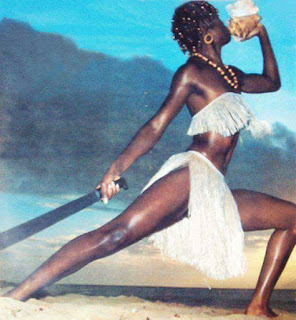 |
| Sounding The Abeng |
Many of us accept this and end up unknowingly studying information that has been written by Europeans on our traditions, not even realizing that the information is not authentic. In fact, it is these same people who run to the four corners of the Earth to learn at the feet of our elders while we reject learning from one another because we have ego issues.
Then these same yurugu come back to the west and write books on our culture and traditions with the help and assistance of the elders they learned from and we buy those books not knowing that we are financing our own oppression.
As much as we condemn Europeans for their systematic cultural appropriation, we have to look at our own reflection in the mirror and come to terms with the ways in which we assist and encourage our own oppression, by standing idly as others steal our culture and laugh in our face as they are doing it. All the while we are downgrading ourselves calling our heritage and tradition “archaic”, “primitive”, “evil”, “wicked”, “outdated” and “backwards”.
Meanwhile they are running all over the Continent, especially Nigeria and Benin as well as the Caribbean and South America learning and studying everything that we were taught to reject and they are paying millions of dollars for it too.
But yet many of YOU will say that our traditions are archaic and have no value in a modern world. Please also remember that our collective honorable ancestors utilized the power within our “outdated” and “backwards” traditions in order to free us from the bondage of slavery and colonization. Please also don’t forget that next time you decide to condemn your ancestors for fighting for you to be free from mental and physical bondage. We must all keep in mind: that which we don’t claim as our OWN can easily be stolen from us and given a new name and identity. Then, our children will have been robbed of their heritage, which is happening right now in many parts of the world.
Will we only value our traditions when they are open and welcoming to all other races? Or after they have been stolen and recreated to suit another image and identity?? And if so what does that say about what we really think of ourselves? There is no greater enemy to us than the sickness of self hatred. We must always remember that. Ase ooo.
“the science or practice of farming, including cultivation of the soil for the growing of crops and the rearing of animals to provide food, wool, and other products.”
We must remember that the aspects of our cultural heritage that many of us reject and disdain are those parts of our reality that europeans love to study, research, write books and thesis papers on; then, they turn around and claim that they are experts in our culture and sell our own knowledge back to us.
Sista Kentake Malopenza is an Afurakan centered
You can contact Akoma Tours at www.akomatours.yolasite.com
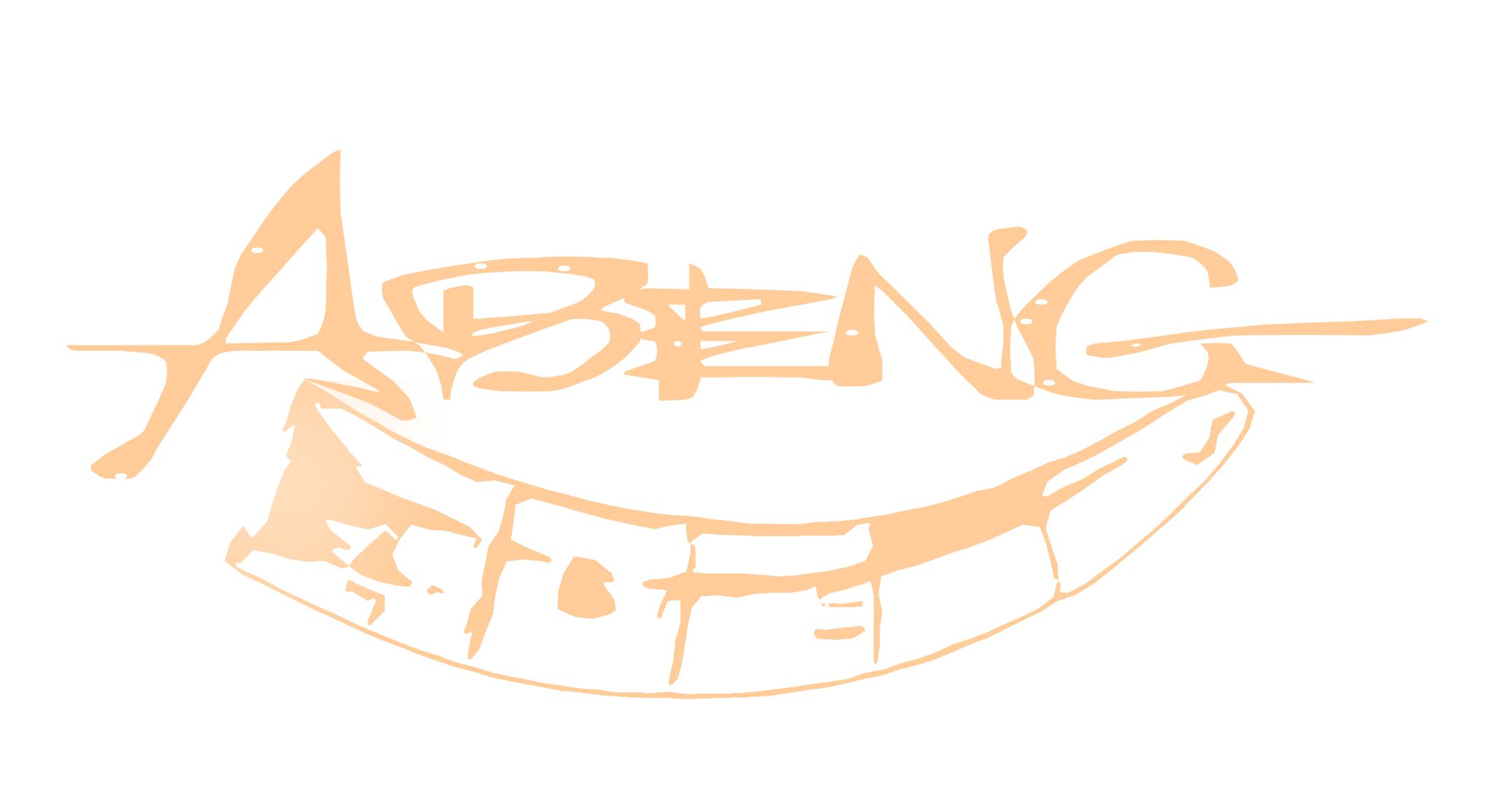


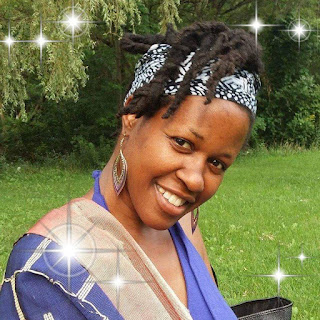
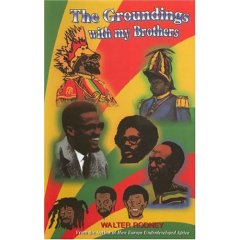
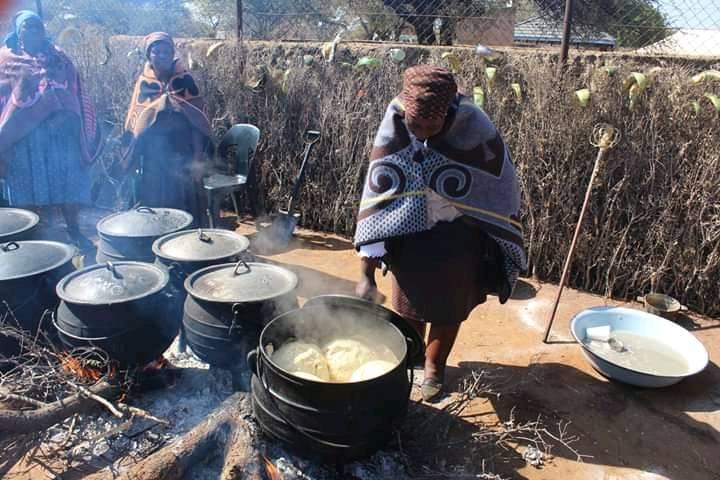
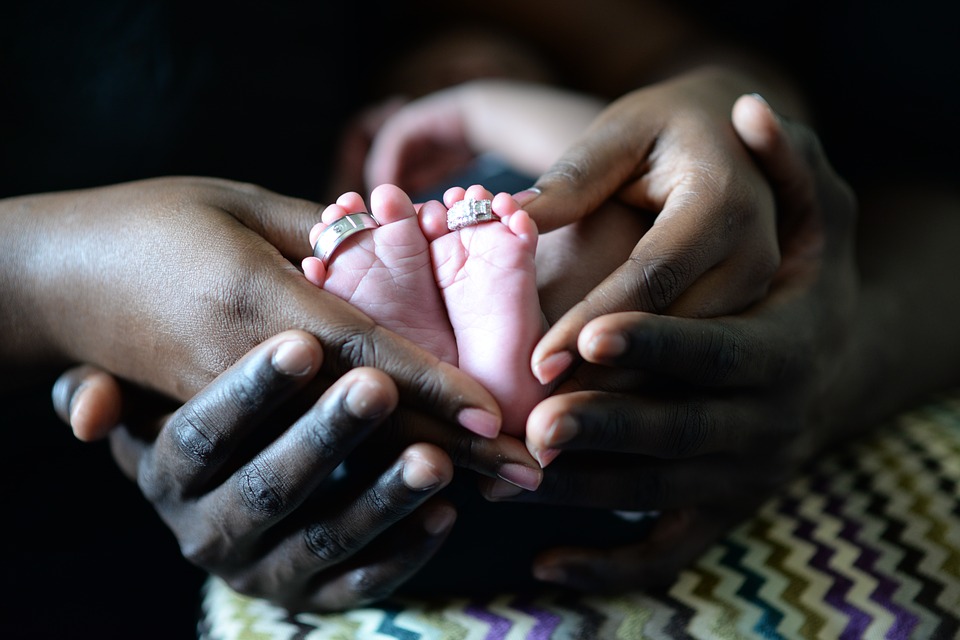
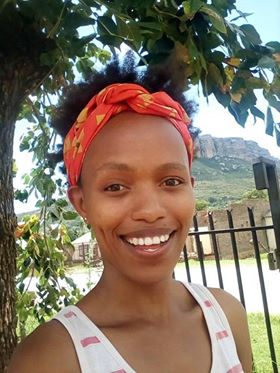



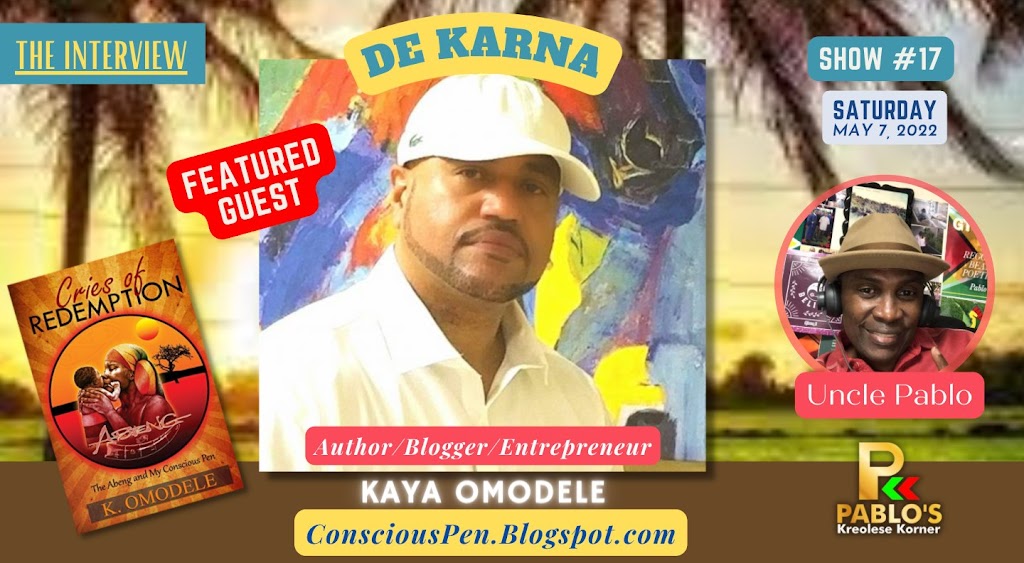

i noticed you used the cover from zouk band " chiktay " , a good album